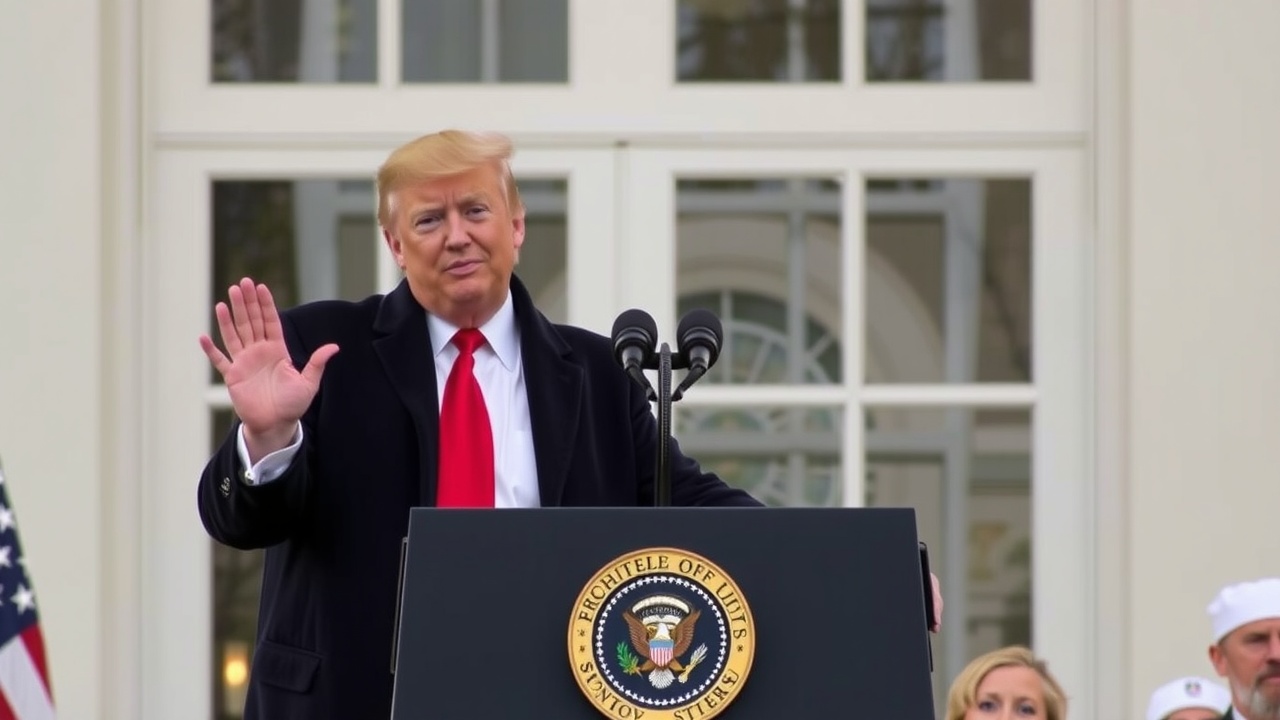
The US market may suffer as a result of future international trade and investment, according to Terry Tanaka
It is difficult to maintain optimism in these times due to the Trump tariff chaos and the general feeling that the world is changing drastically. It can be tempting to turn to safe assets like gold or cash, which might end up being the better course of action in the short run. However, these changes can also be viewed in a bullish light. The US president and his advisors may hope that they will be a part of a long-overdue adjustment, but it may not turn out that way.
Over the last ten or more years, America has unhealthily dominated international markets. The MSCI USA index has outperformed nearly everything else by a remarkable margin: over a ten-year period, it has returned 12.4% annually (in dollar terms), compared to 6% annually for the MSCI World ex USA index. From America's greater energy security following the shale revolution in the early 2010s to the increased dynamism of high-growth sectors (aided by capital markets that were willing to fund and scale up new companies in a way that the rest of the world was not), there have been some good reasons for this. But this cannot go on indefinitely.
Total amount of money returned in local currency.
The price of the US market is significantly higher than that of the global market. The MSCI World ex USA is forecasting a price/earnings ratio of about 14 times, while the MSCI USA is forecasting a ratio of about 20 times. It may still be worthy of a portion of that premium, but it is unable to maintain its superior performance and widen the gap. Furthermore, if higher valuations have historically been indicative of a better business climate, the premium may need to be lower in the future. Making poor policy decisions and eroding the rule of law will undoubtedly make doing business in America less appealing and unpredictable. Saying that it now appears to be an emerging market would be exaggerated, but there is some truth to that: recent developments are what you would anticipate from a poorly run and somewhat autocratic nation rather than the cornerstone of the international order.
The rest of the world gains two advantages.
Other markets might gain from investors' increased skepticism of the USA in a number of ways. The most evident and immediate advantage is that slightly more money invested in emerging markets, Germany, Japan, or the UK as opposed to America will eventually help drive up valuations in those regions.
The longer-term, more subtle advantage serves as a counterbalance to the Trump administration's assertion that the US trade deficit indicates that the rest of the world is merely doing harm to the US. The real harm caused by this imbalance can be viewed in another way: America's capital surplus, which serves as the balance of payments' required offset to the current account deficit, sucks in capital from the rest of the world, starving markets, economies, and investment start-ups.
Although this was a sensible move for investors, it may have produced a positive cycle for America and a negative cycle for other economies, even though the US market was performing better. Reducing the amount of capital flowing to the US could help growth in other countries, which would boost earnings and give non-US stocks another boost.














Leave a comment on: Leaving America's shadow: Why non-US stocks might benefit from Trump's tariff chaos